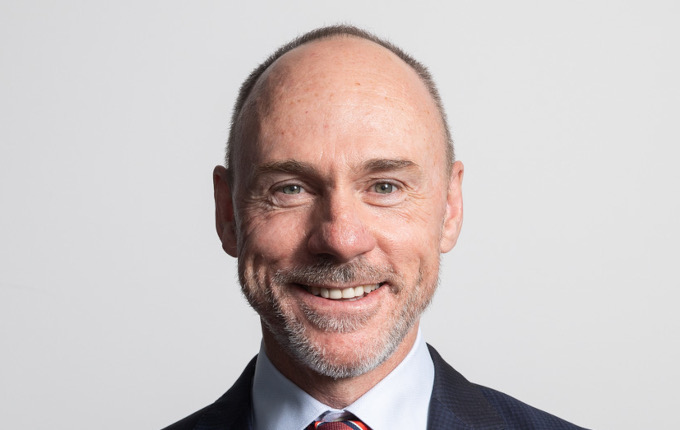TCorp is looking to invest more in global property to increase diversification and more in direct assets to capture an illiquidity premium, Brett Dillon, Head of Property, says in an interview with Florence Chong
Register to Access this Exclusive [i3] Insights Article
Create a free account to access exclusive interviews with asset owners, revealing insights on investment strategies, market trends, and portfolio allocations.
If you already have an account you can Login .
If you have any issues registering an account please send us an email at [email protected].

